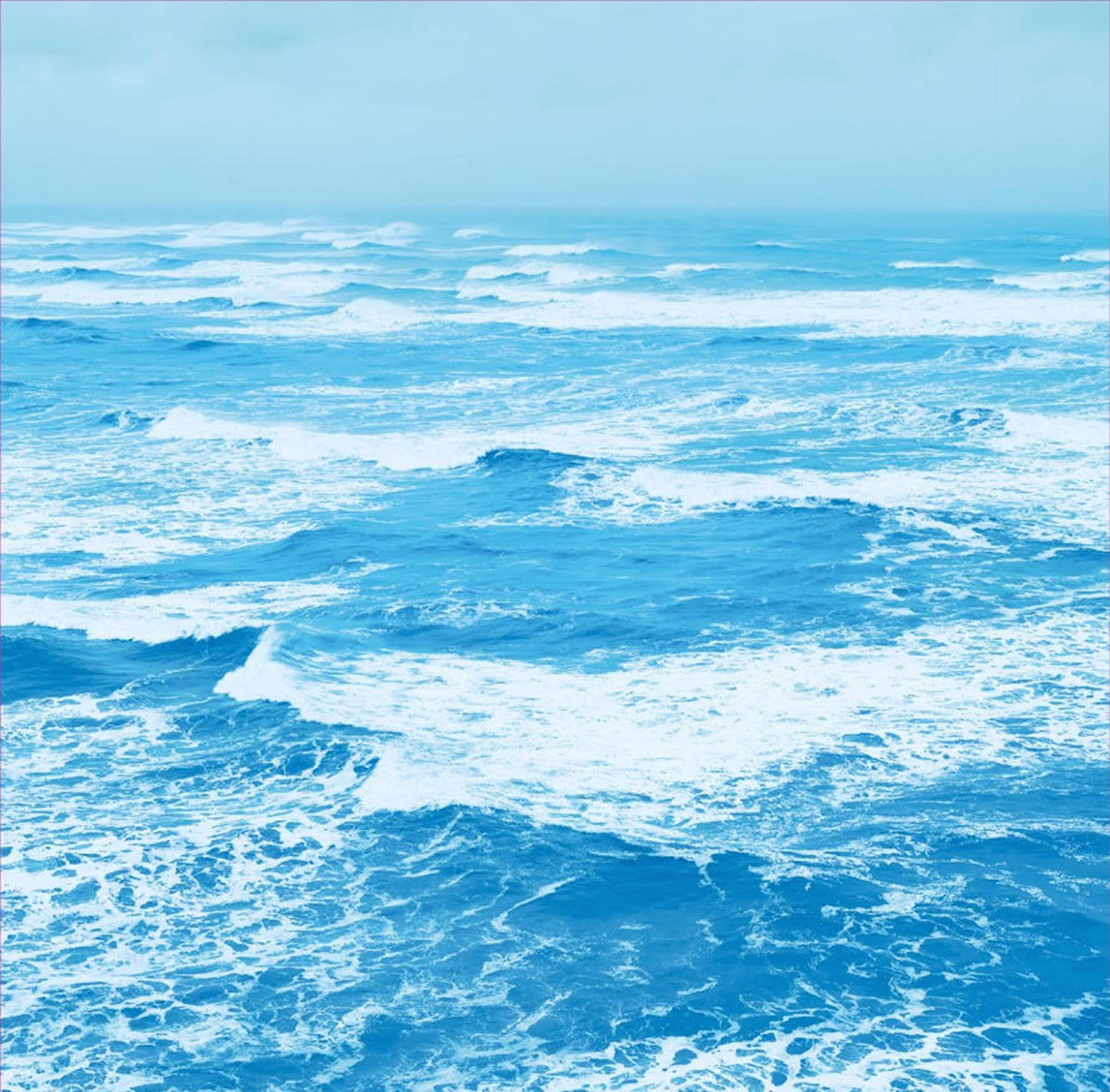

Christmas festivities will bring crowds later on, but there’s nobody here now.

Time-so much time-flows by in a liquid state. More like I’m watching the Sumida lose its name. I’m looking at the moment that Tokyo Bay becomes the Sumida River. Hamarikyu is between the Tsukiji Fish Market, Takeshiba Pier and Shiodome (where the Shiosite skyscrapers are going up as we speak). No-that’s exactly why we need to stay in the ring. But we need to keep on fighting, right? Even if we’re just marching towards death. Maybe you figured this out already-I don’t do well with people. Sneaking onto some ship is probably my best hope to get out now. My most recent fail was a little under two years ago. How old are you in the fifth grade? That old. The first time, I guess I was ten or eleven. I’ve failed to make it out of Tokyo three times. K-1 kick-boxer Ernesto Hoost shouts: I’m the three-time champion! Good for you. Besides, isn’t life all about limits?Īt the end of the day, we’ve all got our limits. For understanding each other or misunderstanding each other or whatever.

Language has its limits, but it’s all we’ve got. It’s the best language I have for writing down my experiences (or the contents of my brain). But how can that idea coexist with Third time’s the charm? The Japanese language is nothing but lies. This is my botched Tokyo Exodus, the chronicle of my failures. This is where I was born, and it’s where I’m going to die. But just because you don’t need a passport doesn’t mean you can up and leave whenever you like. And if you think I’m lying, you can come and see for yourself. I can’t tell you how many times I’ve asked myself if the boundary is real. His best-known novel is the 2008 Holy Family, an epic work of alternate history set in north-eastern Japan, where he was born. He was awarded the Mishima Prize in 2006 for Love. Hideo Furukawa, born in 1966, is an acclaimed and prize-winning writer, hailed by many in Japan's literary world as a prodigy worthy of inheriting the mantle of Haruki Murakami. He attempts one last escape to the edges of the city, holding the only safety net he has known - his dreams.įilled with lyrical longing and humour, Slow Boat captures perfectly the urge to get away and the necessity of finding yourself in a world which might never even be looking for you. But he is not a passive loser, content to accept all that fate hands him. His missteps, his violent rebellions, his tiny victories. Trapped in Tokyo, left behind by a series of girlfriends, the narrator of Slow Boat sizes up his situation. And if you think I'm lying, you can come and see for yourself.' I can't tell you how many times I've asked myself if the boundary is real. A startling novella from the heir to Haruki Murakami and Gabriel García Márquez


 0 kommentar(er)
0 kommentar(er)
